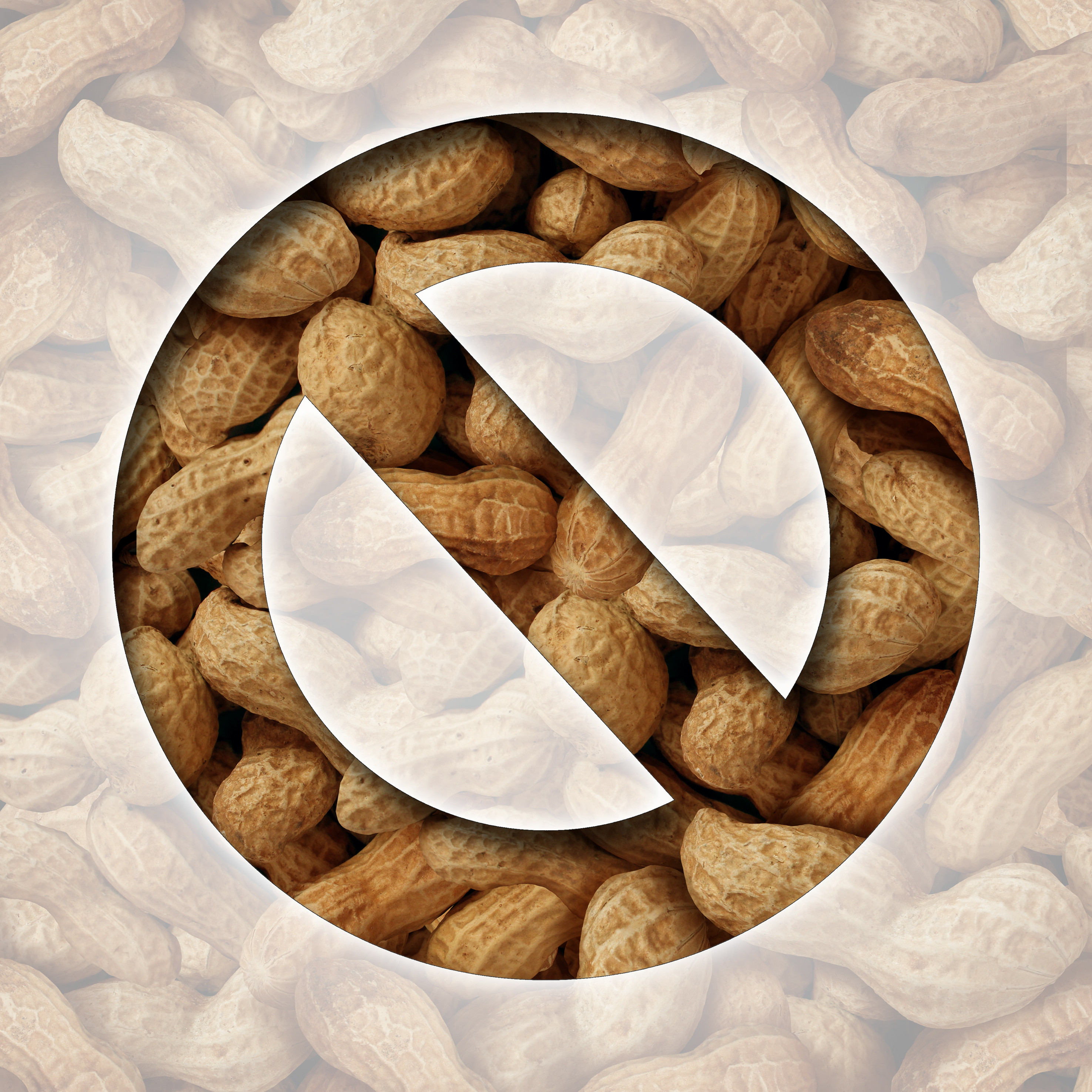
5 timeless habits for better health

What are the symptoms of prostate cancer?

Is your breakfast cereal healthy?

When pain signals an emergency: Symptoms you should never ignore

Does exercise give you energy?

Acupuncture for pain relief: How it works and what to expect

How to avoid jet lag: Tips for staying alert when you travel

Biofeedback therapy: How it works and how it can help relieve pain

Best vitamins and minerals for energy

Should you take probiotics with antibiotics?
Child & Teen Health Archive
Articles
Looking for Autism
Statistics show that one out of every 68 children in the United States meets the criteria for autism spectrum disorder (ASD). What these figures don’t show is that early intervention and treatment can make a huge difference in the lives of these children and their families. Routine well-child visits are important to monitor health and growth, but they also provide an opportunity to keep an eye on a child’s development. While most children do not have ASD, and some kids are just “late bloomers,” others may show signs of any number of developmental challenges or delays — all of which benefit from therapies at home or at school. Of course, all children benefit from mindful observation of their development and advice and support from their pediatricians, should concerns arise.
Edible marijuana — a half-baked idea?
Marijuana-laced brownies have long been a way to get high. Now a new generation of “food companies” is taking the concept of edible marijuana in a somewhat scary new direction: marijuana-laced foods that mimic popular candies. These sweets could pose a danger to children, warns a Perspective article in today’s New England Journal of Medicine. From a marketing perspective, it’s a cute concept to sell Buddahfingers that look like Butterfingers, Rasta Reese’s that mimic Reese’s Peanut Butter Cups, or Pot Tarts that resemble Pop-Tarts. But the availability of edible marijuana products has led to an increase in emergency visits to hospitals because of kids accidentally eating edible marijuana products and in marijuana-related calls to poison and drug hotlines.
Children who eat peanuts at an early age may prevent peanut allergies
Peanut allergies can cause severe and sometimes deadly allergic reactions. A new study holds out the possibility that peanuts themselves may prevent peanut allergies. An international team asked parents of infants who were prone to a peanut allergy to give their children a peanut-based snack called Bamba or peanut butter three times a week until age five. The parents of another group of peanut allergy-prone infants were asked to make sure their children didn’t eat any peanuts, peanut butter, or other peanut-based products until age five. The results were surprising and dramatic. A peanut allergy developed in 1.9% of children who ate Bamba or peanut butter, compared with 13.7% of those who didn’t eat peanuts. This new work suggests that preventing peanut allergies may be a possibility in the near future.

5 timeless habits for better health

What are the symptoms of prostate cancer?

Is your breakfast cereal healthy?

When pain signals an emergency: Symptoms you should never ignore

Does exercise give you energy?

Acupuncture for pain relief: How it works and what to expect

How to avoid jet lag: Tips for staying alert when you travel

Biofeedback therapy: How it works and how it can help relieve pain

Best vitamins and minerals for energy

Should you take probiotics with antibiotics?
Free Healthbeat Signup
Get the latest in health news delivered to your inbox!
Sign Up




